I look out the train. A bright red cap stares back at me. I step out of the train. A bus departs the curb, plumbers splashed across its metal body. I open my laptop. Seth Rogen isn’t singing the Donkey Kong rap, because that would be unbecoming, but he’s still feeding the beast.
As of this writing, we are a couple of weeks away from the release of Nintendo’s star-studded The Super Mario Bros. Movie, so of course it’s ramping up the marketing for it. It wants you, or more precisely your entire family, to pull up into theaters and judge if Chris Pratt can indeed do the Mario voice justice.
Most of what I just described sounds like your standard marketing campaign, but what’s happening with The Super Mario Bros. Movie feels more ambitious. As we get closer and closer to the movie, it’s becoming more and more obvious that Nintendo isn’t just aiming for dominance on the silver screen. After all, you don’t need to build an entire theme park to do well at the box office.
Nintendo is pulling out all the stops right now, extending its reach well beyond the orbit of video games, and it’s been a long time coming. Nintendo owns or works on some of the biggest brands on earth, like Pokémon and The Legend of Zelda. It is culturally significant enough that, for a time, many tangentially familiar with gaming called every console a “Nintendo” regardless of manufacturer.
G/O Media may get a commission
And yet, Nintendo has also largely been relegated to a video game niche. The audience is enormous, and the dollar signs are even bigger, but we live in the era of the Marvel Cinematic Universe. Synergy is the name of the game; every successful product is an opportunity for a different business venture. Nintendo, in other words, has always had the capacity to be a video game Disney, but it lacked the muscle, precision, and ubiquity to achieve what Disney does on a regular basis. Being able to sell a ton of video games or consoles is one thing, but creating an entire empire based on your characters that spans different types of experiences across age groups and markets is another.
With Disney, there’s always a Frozen or an Encanto. Disney crafted its own weekly water cooler moment withThe Mandalorian and Baby Yoda, no small achievement in the age of streaming. Everyone was singing “Agatha All Along” in the wake of WandaVision, a show for a hero that, a decade ago, most people who weren’t diehard comic or Marvel fans couldn’t name. I don’t have to convince you that Disney is culturally significant, of course, but when you see Disney reveal its MCU roadmaps years in advance, it becomes obvious that everything is by design. While Disney is not omnipotent enough to merely dictate its products into popularity, it’s often firing calculated shots on so many cylinders and spending so much money that something eventually sticks. And when those things stick, Disney always has an enormous ecosystem to keep people in its orbit. If you’re a Star Wars fan, at any given moment there’s probably a show, a movie, a book, or a game to indulge in.
The Disney Pivot
Right now, Mario is on your Amazon delivery boxes. Mario is all over your bathroom products, unfortunately making your bathtub look like pee. Mario is in your McDonald’s Happy Meals. Mario is in your damn luxury hot sauce, daring you to bring the fire flower ability to life. Perhaps this is just the result of a marketing budget left unchecked, but if you’re paying attention to what’s happening in the wider gaming landscape, I don’t think that’s wholly the case.
Everyone in the video game space, from Riot to CD Projekt Red, are pivoting their brands into new territories to make things like movies and TV shows. But Nintendo doesn’t appear to be on the same playing field as anyone else that’s expanding their IPs into other mediums. You don’t need a Uniqlo partnership or a special Shake Shack burger to make people aware of Mario. You could argue that some of these companies don’t have the same money to spend, but Sony isn’t building a whole theme park for The Last of Us, is it?
Expert analysts predicted weeks ago that, by default, The Super Mario Bros. Movie is going to destroy the box office. There hasn’t been a big-budget family-friendly kid’s movie in theaters for a while. The conservative estimates are looking at somewhere in the $90M range for opening weekend, but realistically, analysts are expecting triple digits. If this comes to pass, The Super Mario Bros. Movie would immediately be in the same league as the box office weekends achieved by Marvel movies. That success isn’t, in my mind, meant to funnel people into a six-year-old game like Super Mario Odyssey, the plumber’s last big adventure on a Nintendo platform. Mario has conquered galaxies, he’s played every sport, he’s become a cat. Nintendo’s been clever about finding new ways for Mario to jump, but after all these years, it seems like he’s ready for an entirely new challenge, too.
So, when I see all these brand partnerships inundating everything right now, what I see isn’t a fight for theater success. This much seems foretold. What I see instead is Nintendo trying to convince the world that the Mario brand feels just as much at ease everywhere else, too. I see a Nintendo readying us for a world where Mario could be anywhere, doing anything, finally capitalizing on that sweet, sweet brand recognition. Like any good Marvel movie, it’s no accident that we already know that the Mario movie will have a post-credits scene.
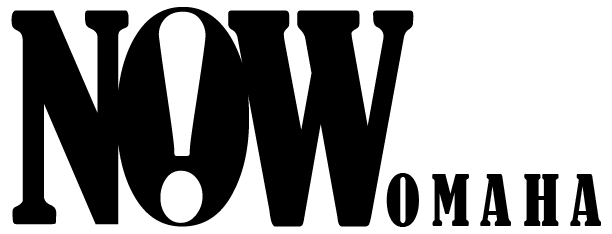
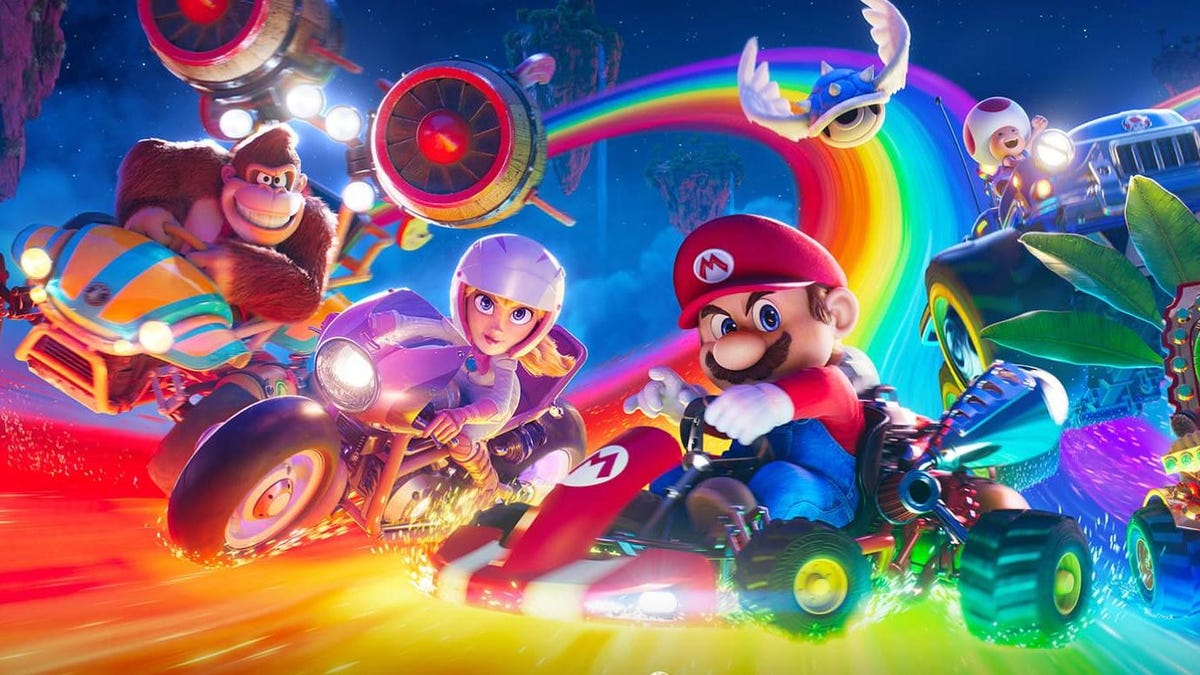
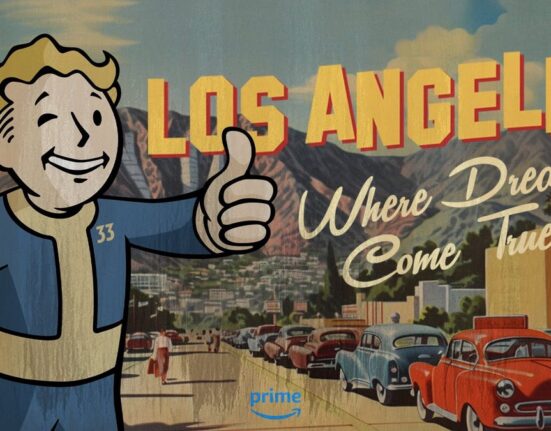
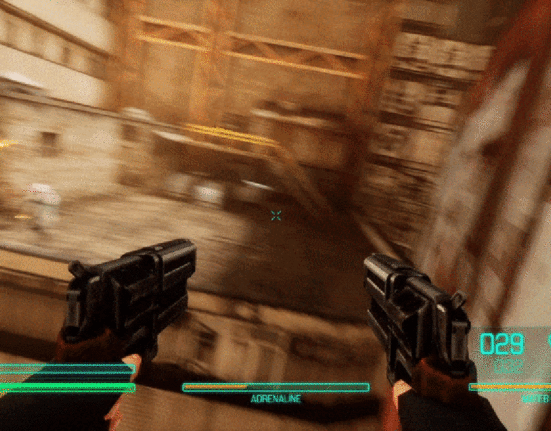
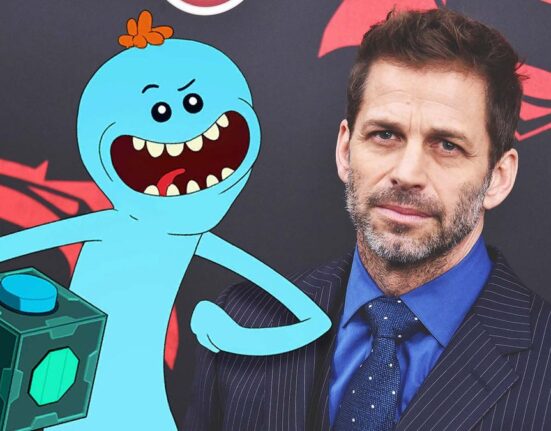
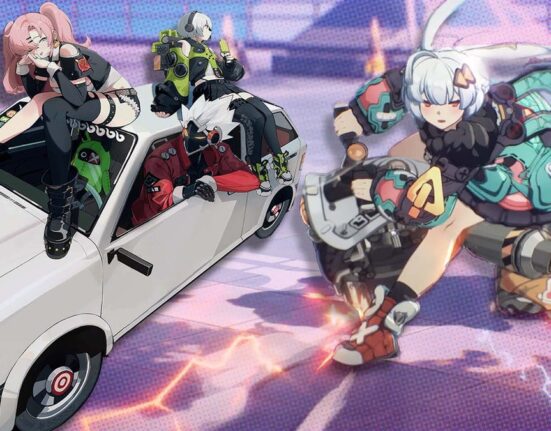
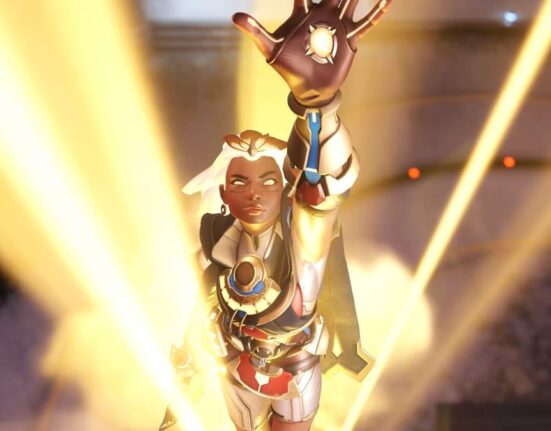
Leave feedback about this